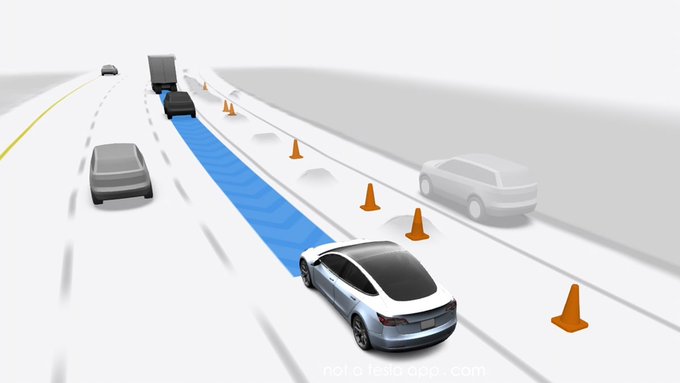Tesla has initiated the rollout of its most recent Full Self-Driving (FSD) version, known internally as v12, exclusively to employees. This release is anticipated to shed the beta designation that has accompanied the software since its inception in 2020, signaling a substantial stride towards realizing Tesla’s goal of achieving true full self-driving capabilities.
Previously, Tesla’s FSD software functioned through an extensive codebase, consisting of hundreds of thousands of lines instructing the vehicle on various behaviors, such as responding to pedestrians or navigating intersections. The pivotal change introduced by v12 is the transition from traditional hard-coded behaviors to what CEO Elon Musk refers to as “end-to-end AI,” where neural networks take charge of decision-making processes.
Yes
— Elon Musk (@elonmusk) November 24, 2023
The existing FSD Beta employs a form of limited artificial intelligence, utilizing neural networks to interpret the vehicle’s surroundings. However, the decision-making aspect, encompassing actions like acceleration, deceleration, or maneuvering turns, involves a non-AI component. With the advent of FSD v12, AI will govern both facets, leveraging camera input to discern optimal actions for the vehicle.
Elon Musk, Tesla’s CEO, had alluded to the impending release of v12 earlier this year, and recent reports by Not A Tesla App suggest that the software distribution commenced among Tesla employees. Musk corroborated this information on X, emphasizing that the user experience “feels human.”
While this expanded employee testing phase may uncover potential bugs that could impact the public release timeline, it positions Tesla on a trajectory to meet Musk’s latest target of achieving full autonomy before the conclusion of 2023. The effectiveness of the testing phase and the absence of significant issues may prompt the inclusion of v12 in the Holiday Update, typically released a few days before Christmas. However, based on historical patterns, a potential delay into early 2024 would not be unprecedented.

